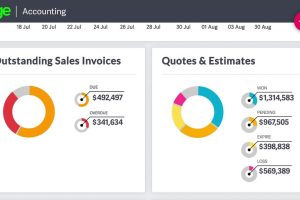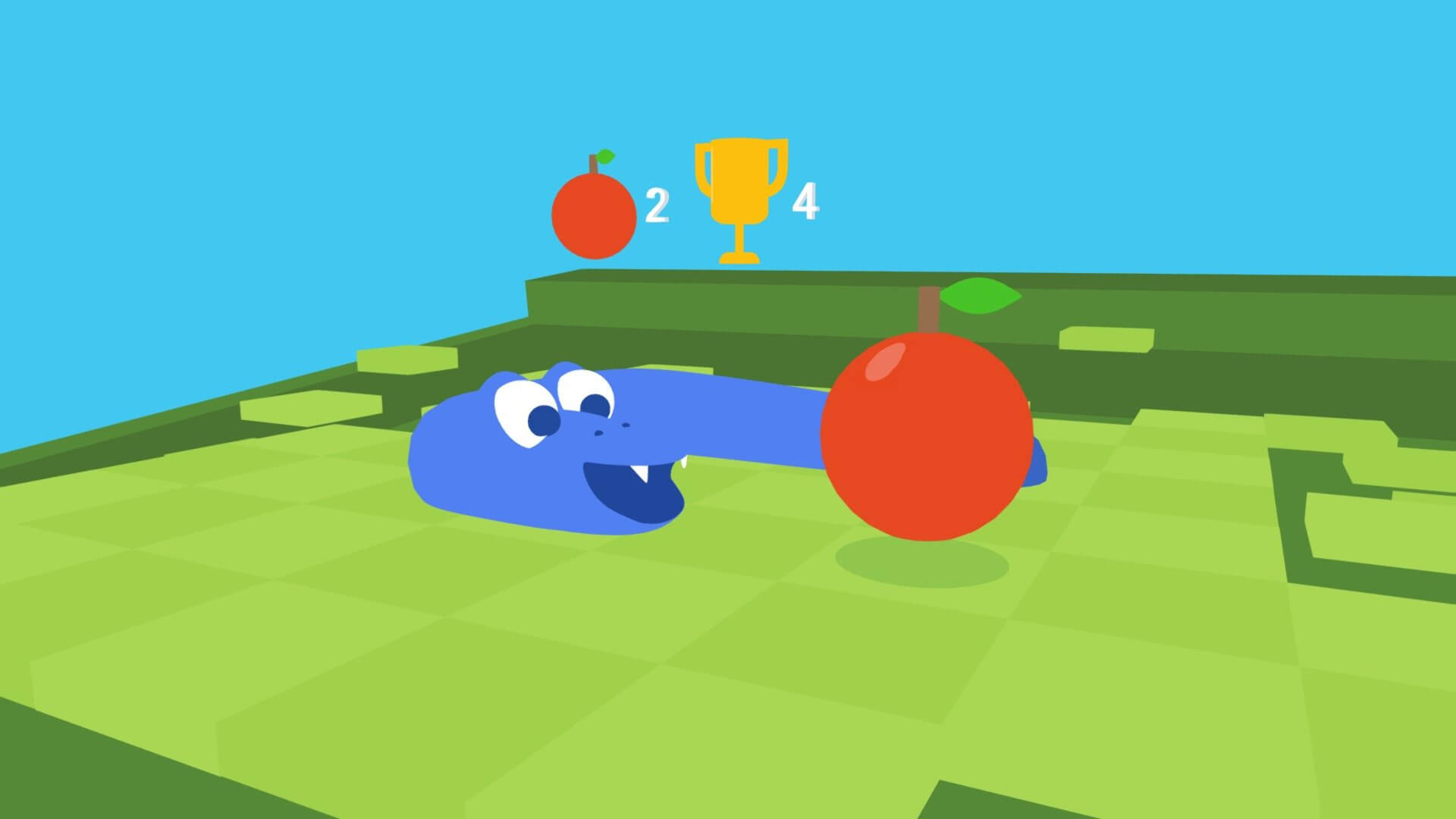Content Attributes
If you are preparing for an upcoming Maths Olympiad, here are some common mistakes that you can avoid to do well in the competition. Good knowledge of all the topics covered by the competition will help you score well, but if you want to score top marks, there are certain mistakes that you should try your efforts to avoid.
You’ve decided to prepare for the upcoming Olympiad and you’re feeling pretty good about it. You’ve already started studying and you’re well on your way to knowing all the topics that will be covered in the exam well enough to ace it in no time.
1. Not Understanding the Types of Questions
Yes, math contests require you to memorize formulas and definitions, but even if you get every single question right on an exam, you still won’t stand a chance of winning unless you know how to solve different types of questions. If your math practice only focuses on getting questions right (and not understanding why) it can actually hurt your chances in a maths contests.
The most common problem contestants face is that they are unable to solve problems that involve their knowledge outside of basic mathematics, such as word problems. To win any type of mathematical competition it is important to train yourself by solving all kinds of question categories including algebraic equations, numerical puzzles, geometry-based questions etc.
Only then will you be able to make good use of what you have learnt from pure mathematics classes during actual competition time. If You Don’t Practice Your Weakness: This is one thing that even veteran mathematicians do. Everyone has at least one category of topics where they feel less confident about their skills. For example, some people find statistics really tough while others find algebra really hard.
So, instead of spending hours doing formula after formula, trying to brush up your weak areas on advanced level topics, focus more on learning new things that are difficult for you. This way when it comes to test day, you would not find yourself stuck on some topic which is easily solved with simple google search.
2. Putting Yourself Under Too Much Pressure
Being good at maths is useful in life, but that doesn’t mean you should beat yourself up if your scores are less than stellar. If you find yourself getting overwhelmed by how much there is to learn or feeling upset about bad test results, remember that it’s not worth risking your mental health while preparing for a competition. Give yourself time off and remind yourself of what you love about maths. Then get back to work! There will be plenty of opportunities for competitive tests down the road.

The point isn’t just to ace one test—it’s to master your craft over time. In order to do that, you need to take care of yourself first. Even if you don’t end up doing well in the next competition, take pride in knowing that you gave your best effort and can feel accomplished for sticking with it when things got tough. Everyone needs an occasional break when studying something challenging.
Letting go can help recharge your batteries so you can put in your best effort on test day without pushing yourself too hard. Plus, let’s face it: like any worthwhile pursuit, learning has its ups and downs. Perfection shouldn’t be expected; it should be enjoyed along the way. You might also benefit from reading from Joshua Foer’s book Moonwalking With Einstein, which highlights why relaxing more often leads to stronger skills even among world-class performers.
3. Neglecting Some Areas in Order to Focus on Others
One of the most common mistakes made while preparing for a math olympiad is neglecting a specific area of mathematics in order to focus on another. For example, many students who are preparing for both AMC and AIME often neglect probability and statistics because they have difficulty with it.
These two areas can be helpful in solving number theory questions, so failing to get a good grasp on them will surely lead to a lower overall score. If you find yourself struggling with a particular topic or type of question, seek out supplementary material online or ask an instructor for help; doing so may allow you to achieve higher scores than if you simply continued studying without addressing your weaknesses.
4. Not Practising Every Type of Question Possible
The very best students are those who enjoy what they’re doing. Studying should be a hobby; it should feel like play, not labour. If you dread math, stop doing it. If you’re forced to take on extra work or hours at your current job to pay for tutoring or extra classes because you’re falling behind in your studies, then find other sources of income that don’t require as much time.
You can go back to it later if you really love math (or ask your teachers if there’s another way to learn if you just need help catching up). There are many great ways to study without sitting down at home and slogging through geometry. And even if science isn’t your thing, good grades will impress colleges.
5. Failing to Have Fun
One of the biggest reasons people fail at math olympiad is that they take them too seriously. It’s not a global competition with lives on the line; it’s just an opportunity to have fun, learn something new, and compete against your peers! If you approach it as just that, then it won’t seem so intimidating. After all, everyone else is just another math geek who happens to enjoy competing in maths contests more than you do.
And those are good things! By definition, if you’re not learning from these contests, there’s no point participating. So instead of taking them super-seriously, focus on having fun. You might be surprised by how much easier it becomes once you decide to take that attitude. Please follow the link shown below IMO Previous Year Papers with Answers



